Amsterdam bans creation of new hotels
Another piece in the overall strategy to reduce tourist flows to the city
 TheMayor.EU logo
TheMayor.EU logo Sometimes quirky, sometimes funny, sometimes outrageous, we should see them as markers of particular incidents in the past
The summer of 2023 is in full swing, and many tourists are planning to go somewhere else, preferably abroad. Travelling to countries other than your own has once again flourished in the post-Covid era as people are eager to immerse themselves in other cultures, contexts and environments. Going abroad, however, also means getting to experience some cultural shocks, especially when ending in unfamiliar situations.
Some of these might be quite unexpected, which is why we’ve decided to compile a list of weird laws that one might encounter when visiting different European cities. Many of these form parts of the local or national ordinances (and the modern Internet folklore) so it’s a good thing to keep them in consideration.
And even if you never run into trouble with the weird law in question, these still make a good conversation topic when regaling your friends with tales from your latest vacation.
The first destination is Italy, whose cities are so chockful of traditions, festivals and quirky customs passed down the generations that we could never have the time and space to describe them all.
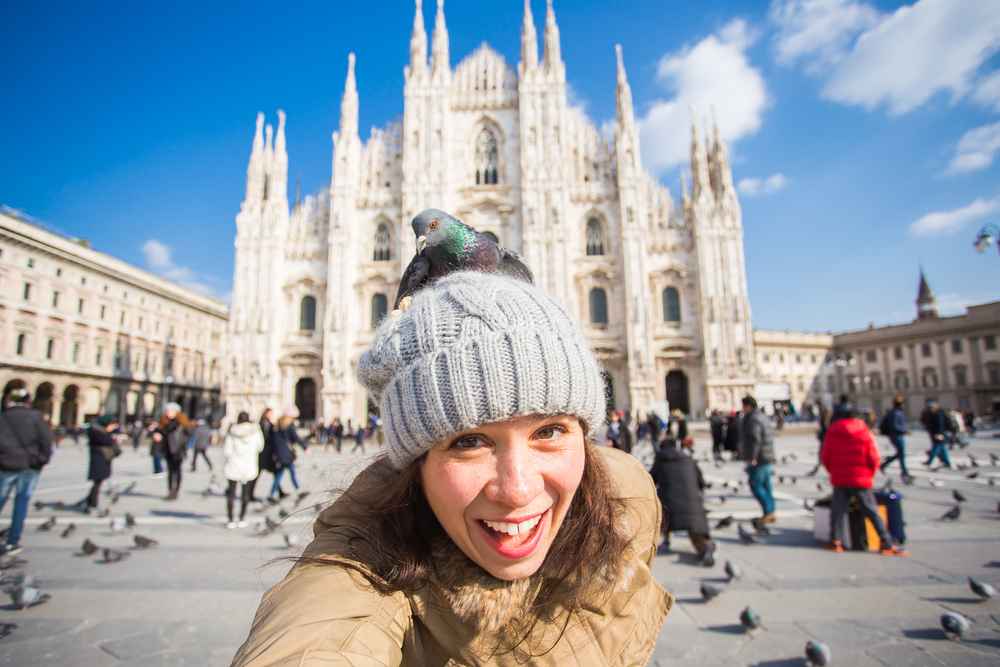
Show those pearly whites. Source: Depositphotos
Apparently, people in Milan must always smile when out and about. The only people exempt from this weird law are people at funerals and in hospitals. Everyone else, however, must remember to do their part in bringing joy and a good mood to the public areas of the city.
The strange piece of legislation dates back all the way to the 19th century when Italy’s business capital was actually part of the Austro-Hungarian Empire in the period 1815-1859. Supposedly, the Milanese were not that happy about the foreign domination, and one could see it in their faces. So, the authorities legislated that all gloominess be gone.
The Covid era must’ve provided a brief respite for facial muscles with all the mask mandates, we assume.

Those pigeons might be starving. Source: Depositphotos
Those pesky birds are everywhere in Italy, so the local authorities frown on the idea that you help them thrive by giving them breadcrumbs. Doing that attracts swarms of pigeons, which crowd the piazzas and damage and pollute buildings and monuments.
And while that law doesn’t seem that strange, there is more. Apparently, fast food shops have been banned from the historic centre since 2000, when a regulation was passed that banned any kebab stands and pizza slice stores from operating there. The remaining restaurants must offer at least one local dish on their menus as a way to safeguard culinary traditions.
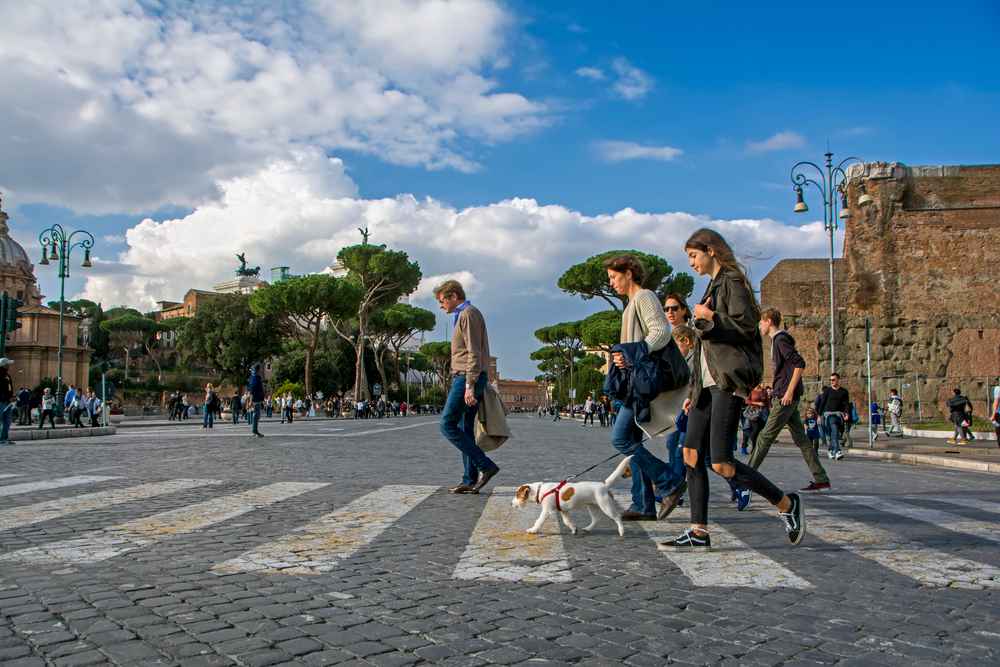
A dog owner clearly respecting the law. Source: Depositphotos
Rome has been trying to promote itself as an exceptionally pet-friendly city. All the wild boars regularly roaming the streets of the Italian capital must have gotten a sniff of that and now they’re also a common sight there, even if that wasn’t part of the plan.
All jokes aside, apparently in 2005, the city council promulgated animal rights legislation, which among other things stated that dog owners have the obligation to walk their furry friends daily and also take them to the vet regularly, or else face paying a fine of 500 euros if found to be irresponsible.
At the start of each holiday season, the city authorities also regularly remind residents to not leave their pets alone at home when heading out on a vacation, calling this “a cowardly and cruel practice”.
Use this bike in Venice and you'll be in trouble. Source: Depositphotos
European cities are doing anything and everything in their power to promote sustainable mobility, a big part of which is the use of bicycles for transportation. Well, except for the city of Venice. Anyone itching to visit the Lagoon City and stroll around on two wheels in its narrow streets will be up for a bitter disappointment.
Weird or not, the law states that the historic core is entirely pedestrian, and it must stay that way. Nevertheless, outside of the historic centre, Venice has a public bike share system. It can be used only at the Venice Lido islands, and also on the islands of Pellestrina and Sant'Erasmo.
Piazzale Uffizi in Florence - don't eat here. Source: Flickr (Shirley de Jong (CC BY-NC 2.0))
The Florence city council had had it with bad-mannered tourists who couldn’t appreciate the world-class style of the Renaissance city and resorted to seemingly plebeian activities, such as eating right on the street.
As a result, the city issued an ordinance (under the threat of 500 euros) banning the consumption of food, whether standing or sitting, on four main streets - Via de’ Neri, Piazzale degli Uffizi, Piazza del Grano and Via della Ninna. The restriction, however, only applies to between noon and 3 pm and again between 6 pm and 10 pm.

Please, don't die! Source: Depositphotos
In our modest opinion, this one takes the cake when it comes to weird laws. In 2012, the Campanian town of Falciano del Massico made the headlines after the local mayor forbade local residents “to cross the border of earthly life and to enter the afterlife”. In other words, he asked them with an ordinance to kindly try and not die.
This wasn’t a joke either, as much as it sounds like one. The reason behind the mayor’s plea was the fact that the local cemetery was at full occupancy and the authorities needed time to make a new one. Eleven years later, we are not sure if the new burial ground has been constructed and whether the temporary immortality is still enforced.

Sandcastles apparently can be obstacles to having fun. Source: Depositphotos
Amazingly, something as innocent as building sandcastles on the beach could land you in trouble with the law in Eraclea, a small beach town near Venice. With fines ranging from 25 to 250 euros, you may wish to leave the bucket and spade at home.
Naturally, the question that pops up is “But, why?”. As far as we could find the argument behind the ordinance was that the sandcastles “obstructed the passage” – presumably on the beach. We guess that’s one dull beach for kids, yet a wonderful one for people who like staring at the clouds while walking.

These are solid noise-making devices. Source: Depositphotos
The island of Capri is all kinds of wonderful and dreamy, except for the fact that its residents don’t like the incessant noise that your sandals and clogs are making. So much so, that making sounds with your soles has been outlawed there since 1960, and according to Culture Trip, at least one couple has been arrested, and not just fined, for breaking the rule.

Here's the forensic evidence. Source: Depositphotos
City of pizza, pasta, Vesuvius and also apparently of high-tech biocontrol, that is Naples. In 2014, The New York Times reported that local authorities had started collecting samples of dog poop as a way to build up a DNA data registry. The latter allows them to track careless owners who don’t clean after their pets and serve them a fine.
Looks like tourists might be able to get out of this one, though, not that we’re giving you any ideas.

Is the engine running though? Source: Depositphotos
Eboli is a city in the province of Salerno, which media outlets across the Internet have loved bringing up as an example when discussing conservative and weird laws. That’s because, since 2008 a local ordinance has prohibited kissing in cars. It sounds bizarre and eye-catching, however, reporting it like this only reveals half the truth.
The reality is that displays of affection between lovers are not banned per se, but only if the vehicle is moving while they’re busy getting busy. And this way it makes much more sense, as it aims to ensure traffic safety. We suspect that the reason for this law must have originated in a very specific incident. Hopefully, no one got too hurt.
A bird's eye view of Tropea. Source: Depositphotos
The town of Tropea is located deep in the Italian South, in the region of Calabria, a place that is wonderful but also somewhat conservative and it insists on keeping the decorum. This means that within the urban perimeter, excluding the entire marine area, it is forbidden to circulate or stand bare-chested and/or in a bathing suit and/or barefoot.
For those who violate the rules, there is a fine ranging from 125 to 500 euros. Violators of the regulation, however, can enjoy a discount on the sanction if they pay within 60 days.
Continue exploring the strangest laws in European cities with us. Next stop - France!

Legislators and magnates have to await a preliminary ruling from the European Court of Justice

The building will then serve as the site for a new museum dedicated to Finnish-Russian relations

Another piece in the overall strategy to reduce tourist flows to the city
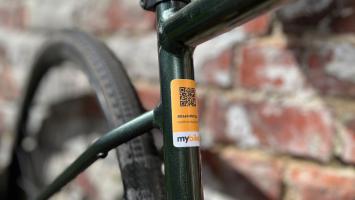
In addition, the federal government has launched the National Week of Action against Bicycle Theft to raise awareness of the issue and the new solution
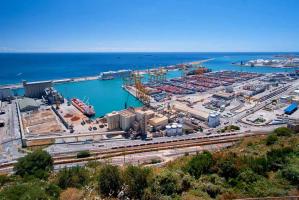
The facility will replace the need to have water supplied by tankers from Valencia
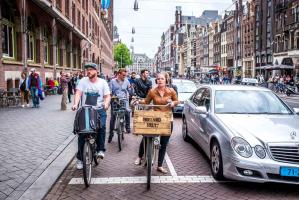
Modern traffic lights do more than regulate the flow of vehicles at crossroads, they also collect enormous amounts of data

Experimenting with public transport provision in Germany is clearly in a state of creative fervour

Legislators and magnates have to await a preliminary ruling from the European Court of Justice
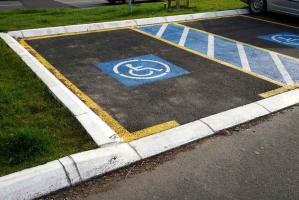
It also set the standards for a better European parking card for people with disabilities

The benefit will last until the Dutch parliament adopts the transgender law

Experimenting with public transport provision in Germany is clearly in a state of creative fervour

It also set the standards for a better European parking card for people with disabilities

Urban dwellers across the EU are having a say in making their surroundings friendlier to people and the environment.

Forests in the EU can help green the European construction industry and bolster a continent-wide push for architectural improvements.

Apply by 10 November and do your part for the transformation of European public spaces

Catch up with some recommendations for the 2024 European Capital of Culture programme from the mayor of Tartu

An interview with the ICLEI regional director for Europe аfter the close of COP28

An interview with a member of the No Hate Speech Network team













